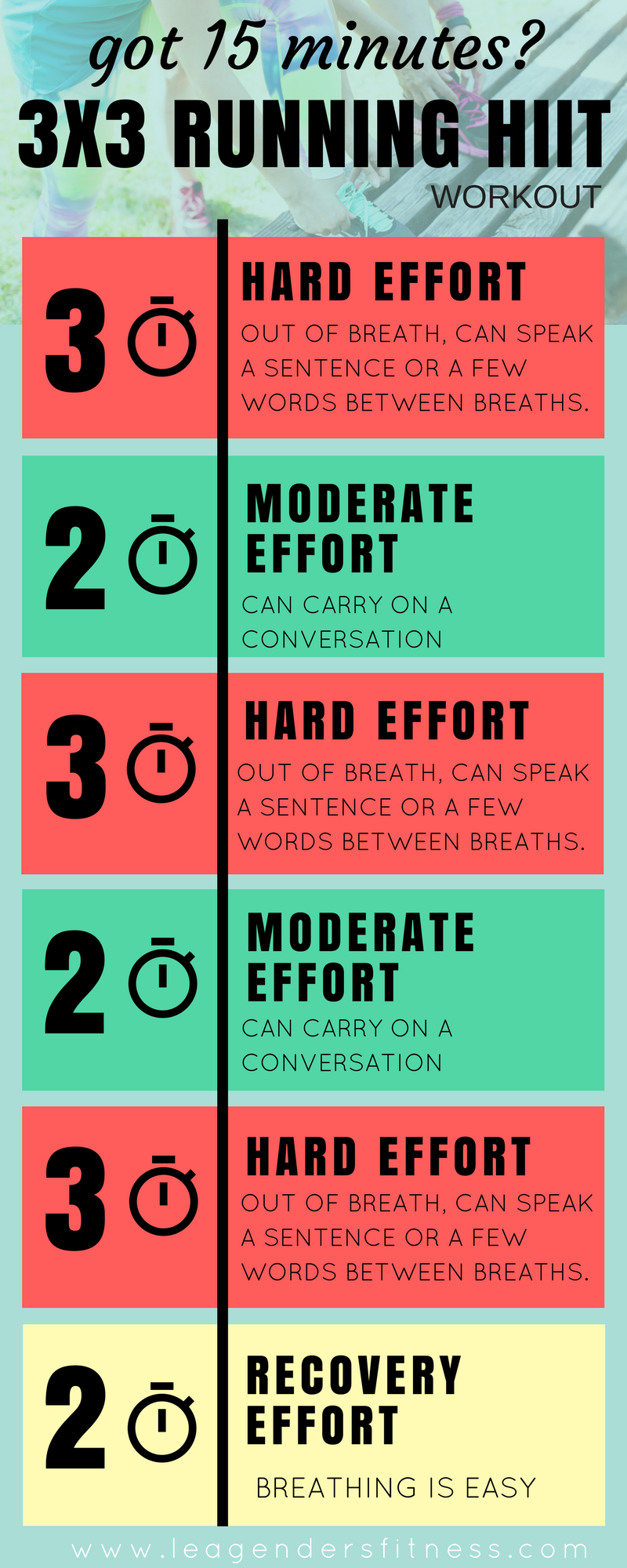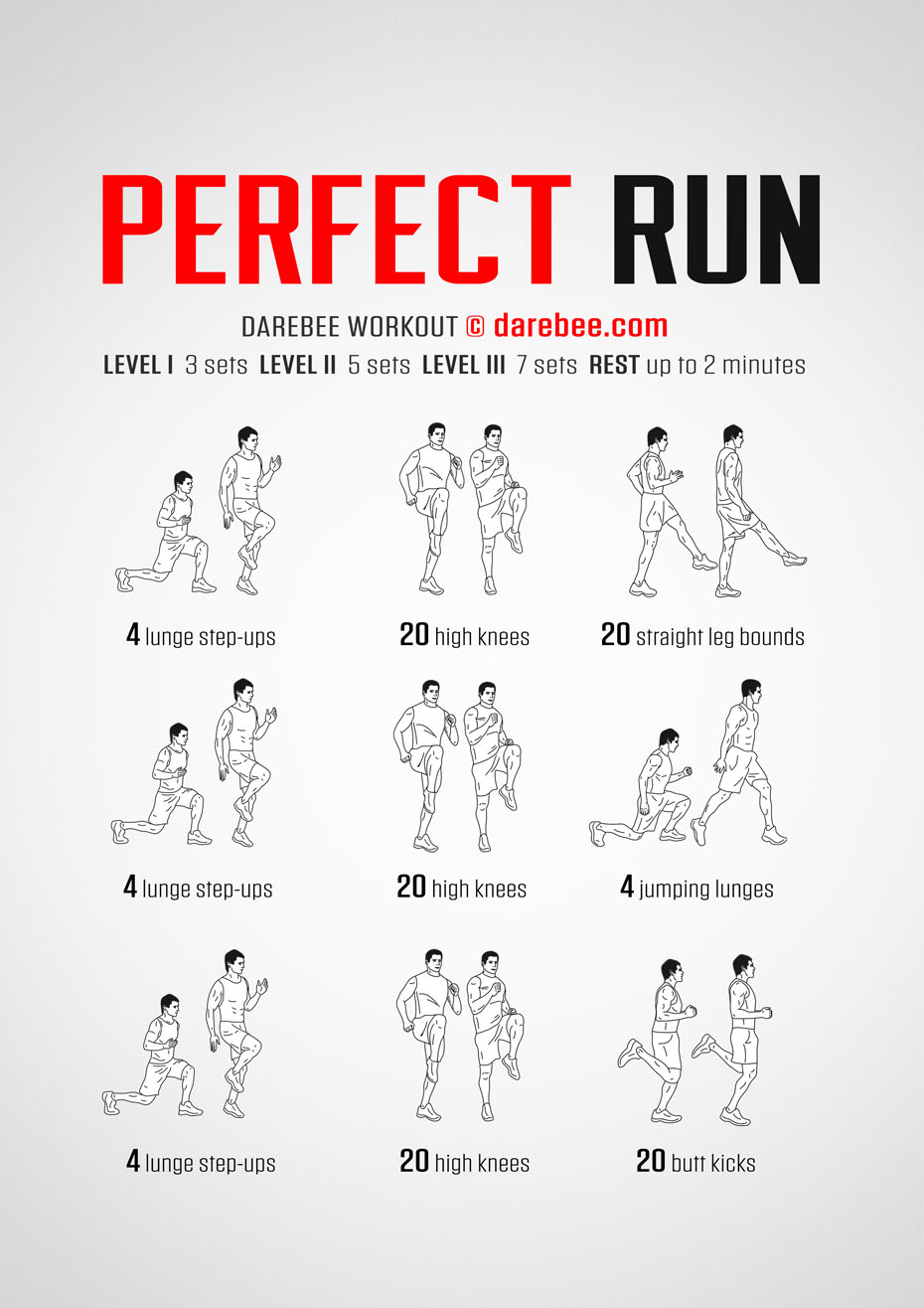Turbocharge Your Runs: Open Your Possible with Strategic Running Workouts
Turbocharge Your Runs: Open Your Possible with Strategic Running Workouts
Blog Article
The Ultimate Guide to Managing Discomfort When Running
Whether you are a seasoned marathoner or simply beginning your running journey, understanding the different types of discomfort that can emerge and the approaches to resolve them is crucial. From pre-run workout regimens to appropriate footwear choice, there are various elements to consider when it comes to dealing with pain while running.

Understanding Various Sorts Of Running Pain
When running, it is vital to compare various types of pain to stop injuries and take full advantage of performance (Read More). One typical type of pain that runners might experience is muscle soreness, which normally arises from the stress placed on muscular tissues throughout workout. This kind of discomfort is typically a regular component of the running procedure and can be managed via correct workout, cool-down, and stretching routines
An additional sort of pain to be mindful of is joint pain. Joint pain can indicate issues such as overuse, inappropriate type, or underlying problems like arthritis. Overlooking joint discomfort can result in more serious injuries, so it is important to address any type of pain quickly and perhaps seek expert suggestions.
In addition, sharp or stabbing pains ought to not be neglected. These sorts of pain can signal acute injuries such as stress, strains, or stress and anxiety fractures - running workout. Continuing to run with these kinds of discomfort can aggravate the injury and lengthen recovery time

Pre-Run Warm-Up and Stretching Routine
To prepare the body for a running session, applying a reliable pre-run workout and extending regular is important. A proper workout assists raise blood circulation to the muscular tissues, enhances versatility, and reduces the threat of injury throughout the run. Start with dynamic stretches like leg swings, arm circles, and high knees to slowly increase your heart rate and chill out the muscle mass. Dynamic stretching helps mimic the movements you'll be doing while running, preparing your body for the task in advance. Follow this with fixed stretches concentrating on major muscle groups such as the hamstrings, quadriceps, calves, and glutes. Hold each go for concerning 15-30 seconds without bouncing to promote muscular tissue leisure and versatility. Keep in mind to listen to your body and change the intensity of your workout based on your fitness degree and any kind of pre-existing problems. By integrating a consistent pre-run workout and stretching routine right into your running program, you can optimize efficiency and lessen the risk of pain or injury.
Correct Footwear Option and Fit
Choosing suitable shoes that fits well is vital for joggers to stop discomfort and reduce the threat of injuries. Ill-fitting shoes check my blog can lead to sores, black toenails, shin splints, and various other excruciating conditions that can hinder efficiency and sideline training. When choosing running footwear, it is vital to consider aspects such as foot type, running stride, arch support, padding, and shoe dimension. running workout. Seeing a specialty running store for a gait analysis and specialist fitting can aid make sure that you select the right footwear for your private needs. Running footwear must offer adequate support and stability while likewise being comfortable and light-weight. Additionally, it is suggested to change your running footwear every 300-500 miles to maintain appropriate padding and support. Investing in top quality shoes that is proper for your running style and foot composition is an aggressive step towards protecting against discomfort and injuries during your runs.
Nutrition and Hydration Tips for Pain Avoidance

Hydration is similarly essential for joggers to avoid aches, dehydration, and other pains that can lead to discomfort throughout running. It is suggested to consume alcohol an adequate quantity of water throughout the day and specifically before, throughout, and after running sessions. Electrolyte-rich drinks or sports beverages can likewise be beneficial for renewing lost minerals and maintaining appropriate liquid balance. running strategy (Read More). By prioritizing nourishment and hydration, joggers can enhance their efficiency, decrease pain, and enjoy an extra comfy running experience.
Post-Run Recuperation Techniques to Relieve Discomfort
Implementing reliable recovery methods is crucial for minimizing discomfort and promoting muscle mass recuperation after running sessions. One essential post-run recuperation method is extending. Incorporating static stretches for significant muscle groups can help in reducing muscle tension and pain. Foam rolling is an additional useful practice to release muscular tissue tightness and boost blood flow to the muscular tissues, aiding in quicker healing. In addition, topping sore areas for 15-20 minutes can assist minimize swelling and numb pain post-run.
Eating a balanced snack or dish that includes protein and carbs within 30 mins of finishing a run can aid fix muscle cells and restore energy shops. By integrating these post-run recovery techniques right into your routine, you can effectively take care of discomfort and optimize your running efficiency.
Final Thought
To conclude, dealing with different sorts of running discomfort with proper warm-up, extending, footwear option, nourishment, hydration, and post-run recuperation techniques is essential for discomfort avoidance and administration. By comprehending the sources of discomfort and carrying out these methods, runners can minimize pain and prospective injuries. It is essential to focus on general physical health and health to guarantee an effective and pleasurable running experience.
Report this page